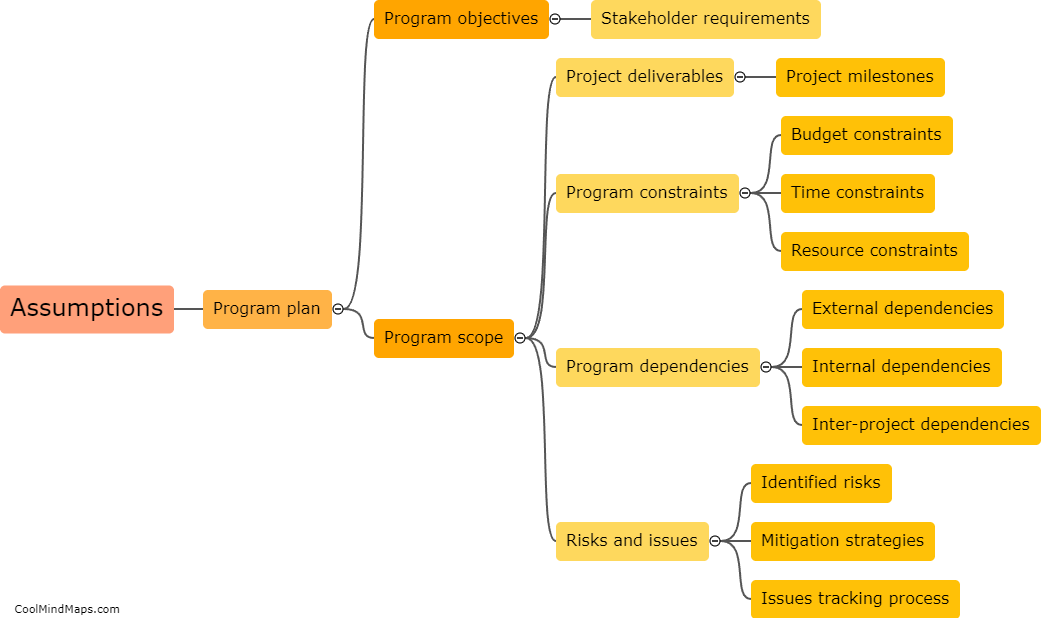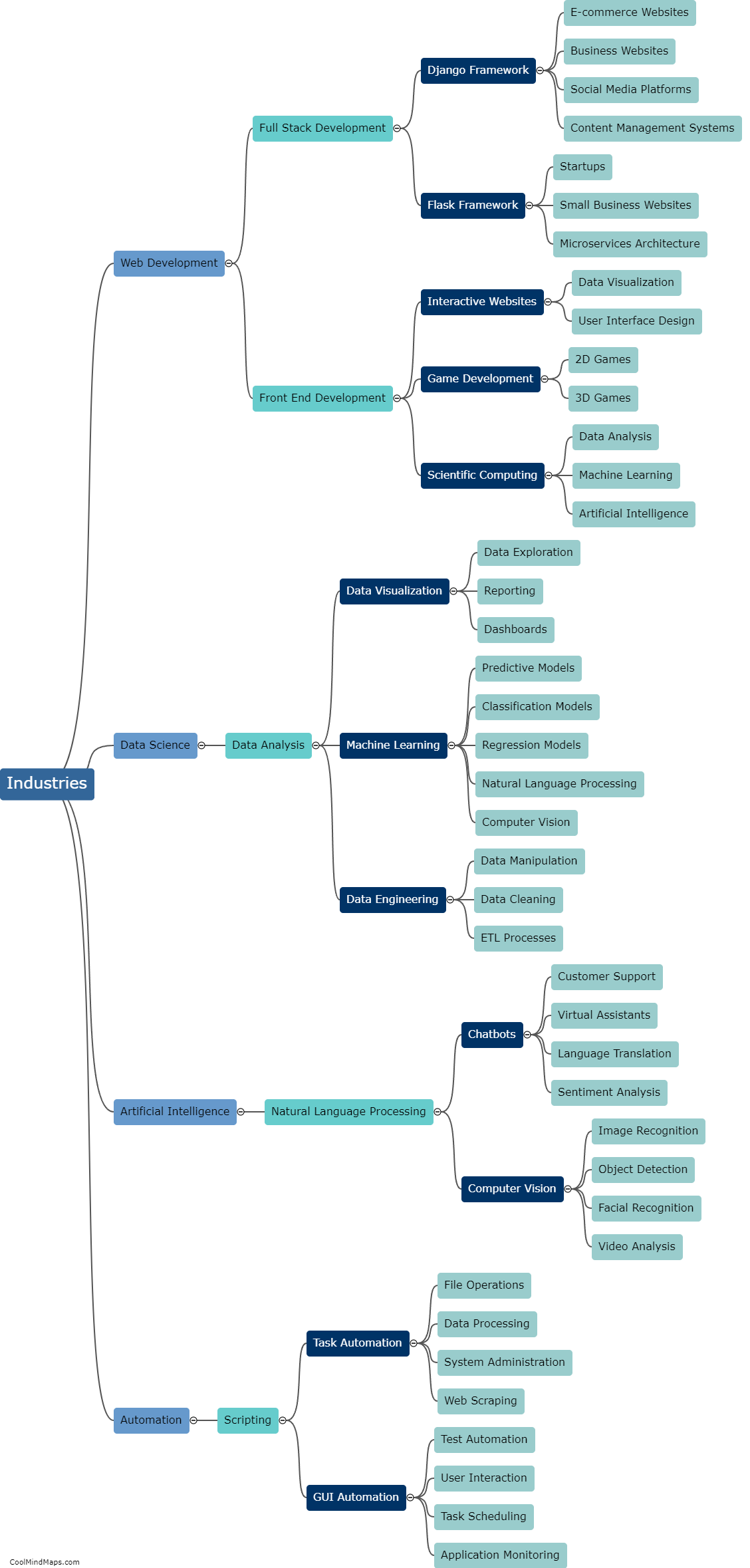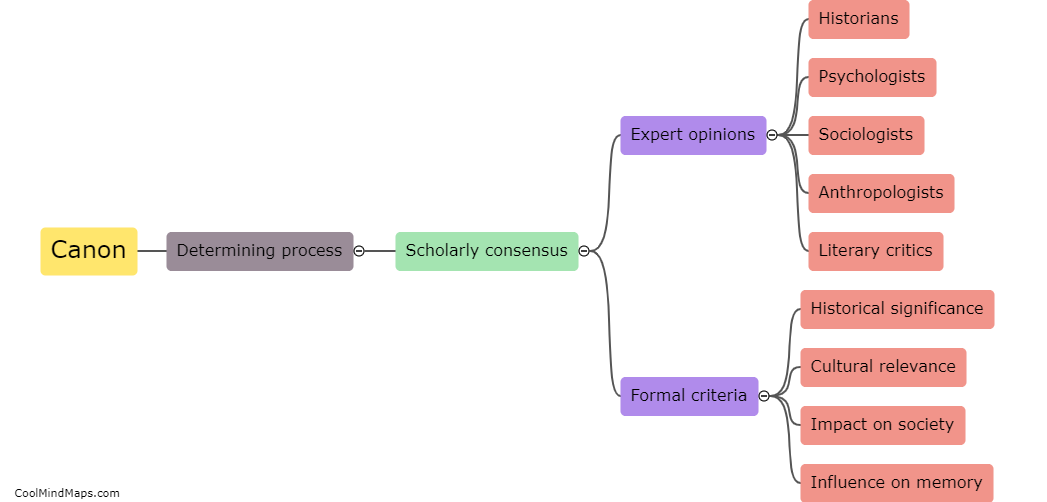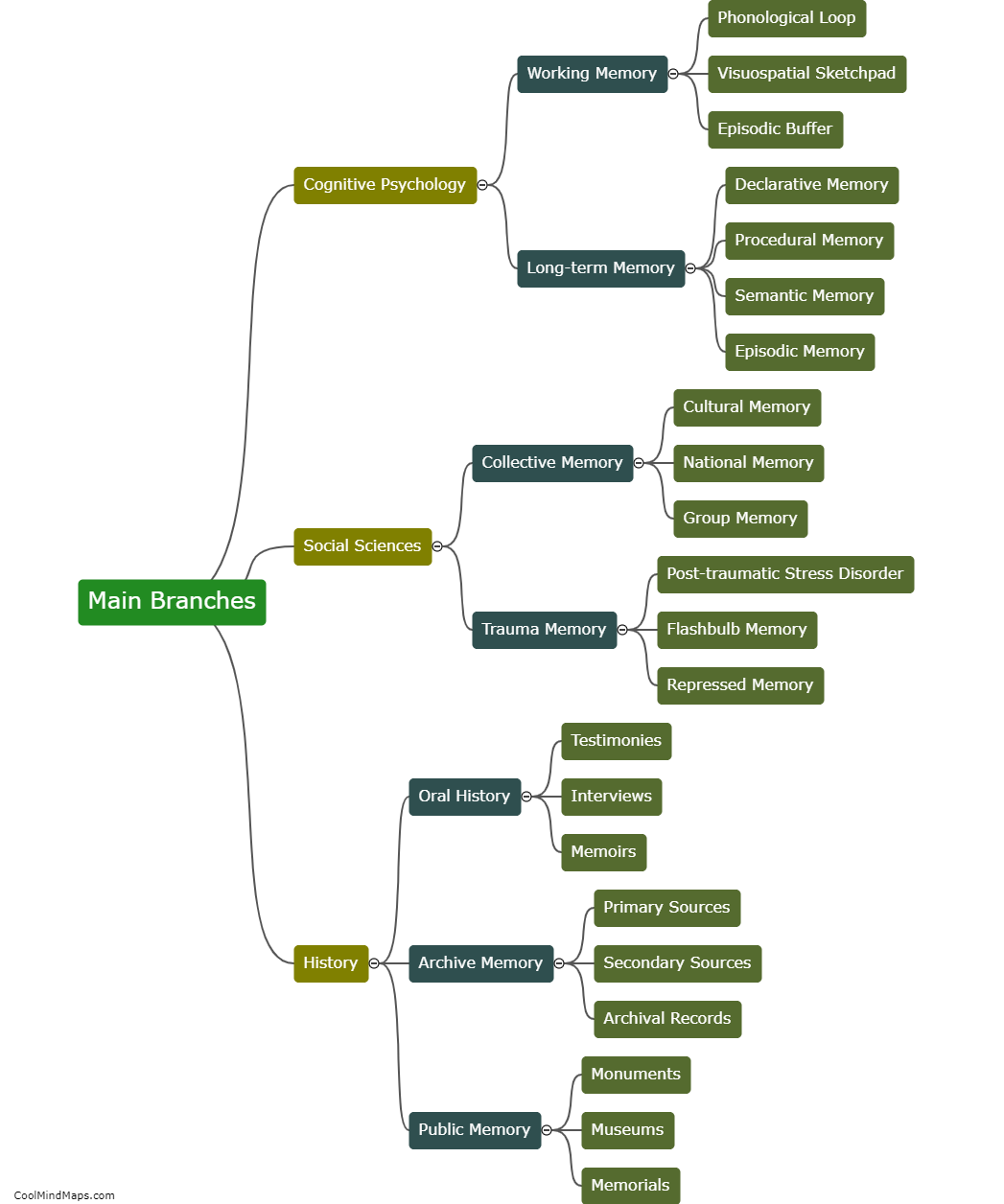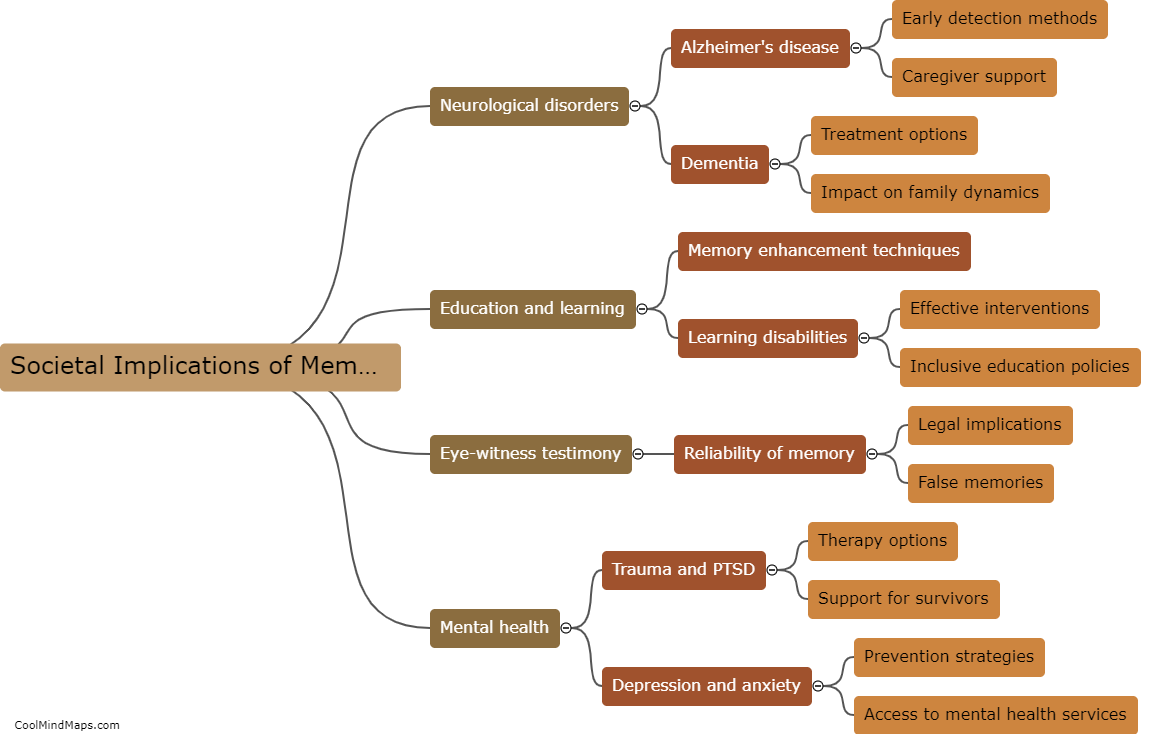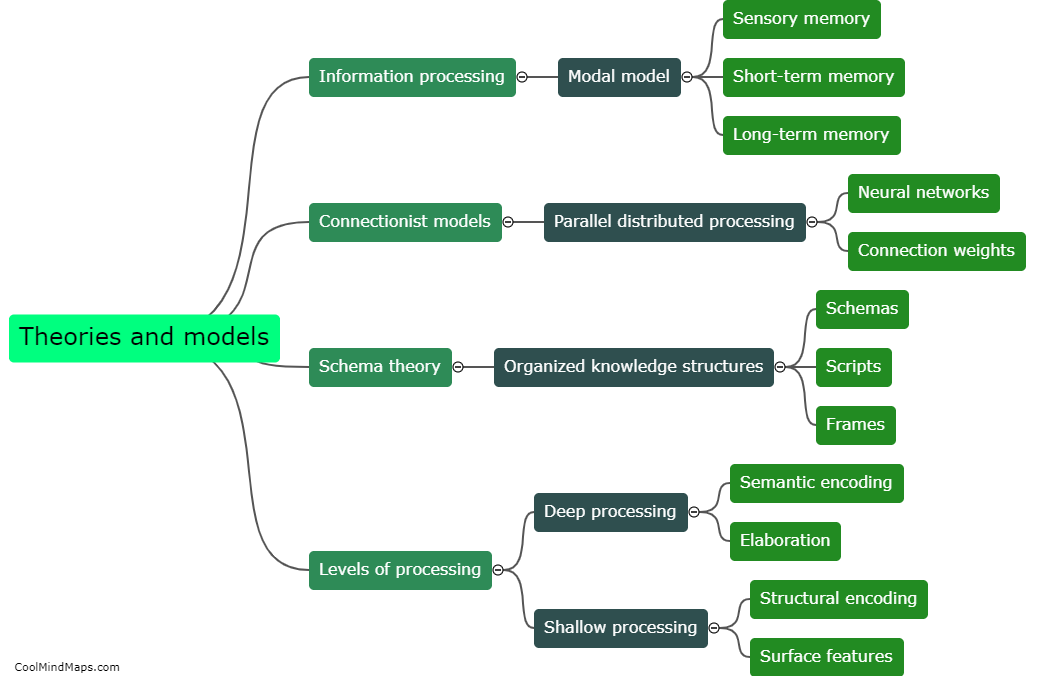How does autobiographical memory differ from other forms of memory?
Autobiographical memory is a unique form of memory that pertains specifically to the personal experiences and events that an individual has lived through. It differs from other forms of memory, such as semantic memory or procedural memory, in that it is highly context-dependent and subjective. Autobiographical memories are intertwined with emotions, thoughts, and senses, providing a vivid and personal recollection of past events. Unlike other forms of memory that may involve general knowledge or skills, autobiographical memory is highly individualized, influenced by personal biases, perceptions, and interpretations. It is integral to one's sense of self and personal identity, shaping our understanding of who we are and how we relate to the world around us.

This mind map was published on 23 October 2023 and has been viewed 90 times.

